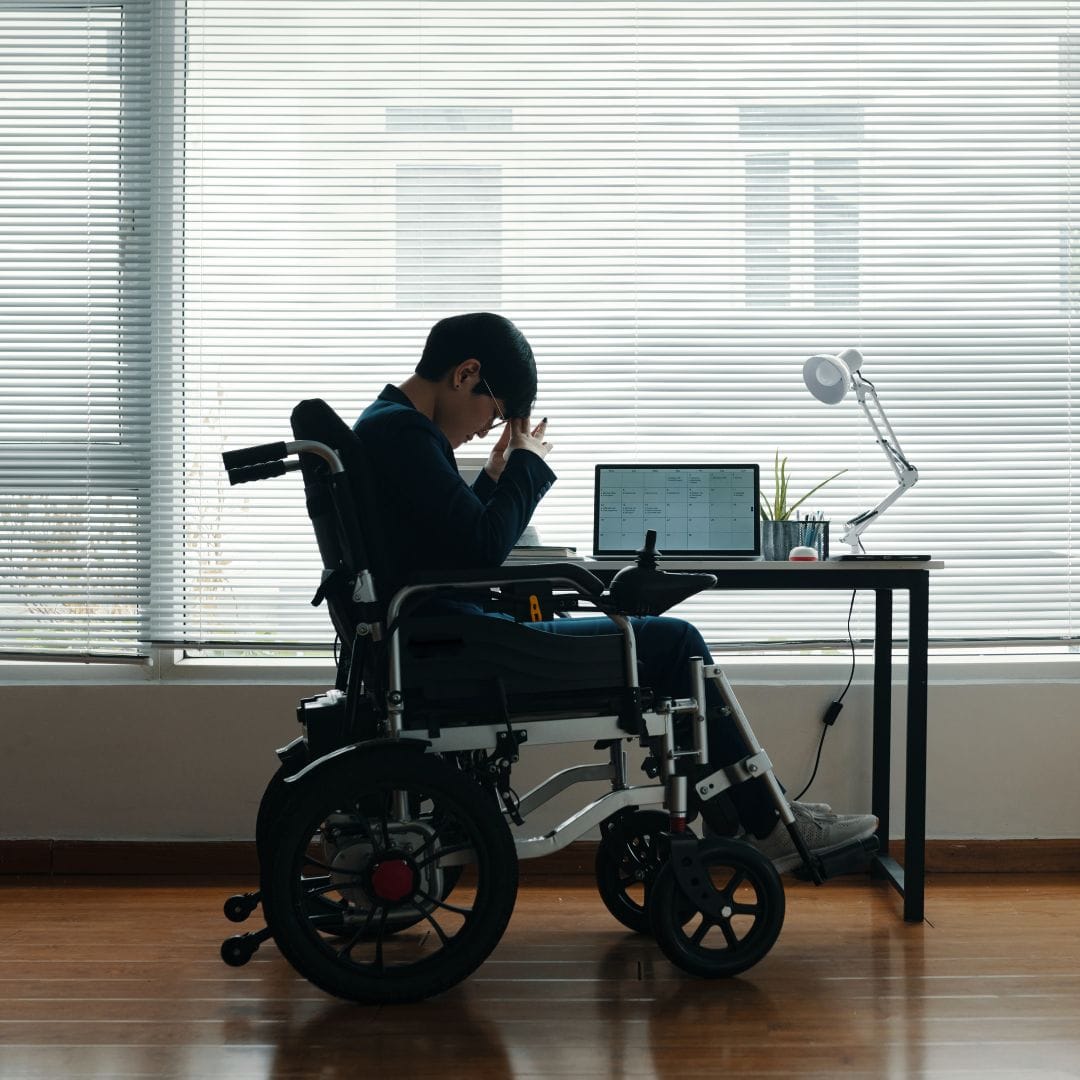
We feel that our members have the right to receive information about relevant and newsworthy topics, which is why we bring you this blog on MAiD and a request for input.
In 2015 the Supreme Court of Canada struck down the law prohibiting medical professionals from helping Canadians with serious medical conditions who requested medical assistance to die.
The federal government passed a new law outlining the circumstances in which medical professionals could legally fulfil a person’s request for an assisted death. In essence, a person must be at least 18, competent to make medical decisions, and have a “grievous and irremediable medical condition” that causes intolerable “enduring suffering” and “their natural death has become reasonably foreseeable.”
People interested in learning more about MAiD, including who is and is not eligible and more complete definitions, can look on the provincial government’s page here.
Eligibility under the current law means that people cannot consent in advance. Restrictions under the current law were put into place to protect vulnerable people, including people with long term illnesses or disabilities.
Challenges
However, some groups believe that the current law is not comprehensive enough and excludes people who are suffering now but whose death is not “reasonably foreseeable.” Someone with a progressive condition has to wait until they meet the criteria, which in some cases can also mean they are no longer able to consent.
In the case of Audrey Parker, a Halifax woman with cancer, the current law meant she chose to die using MAiD earlier than she wanted to, because she didn’t want to risk getting sicker and being unable to consent as her disease progressed. You can read more about Audrey Parker here.
There is a current court challenge in BC aimed at allowing a young woman with Spinal Muscular Atrophy to be eligible for MAiD. Julia Lamb would like the option to choose MAiD if she feels her suffering has become intolerable. Under the current law, she is not eligible because her condition is not terminal and she has stated that she is not ready to die yet. You can read more about her case here.
Want To Get Involved?
We know this is a difficult topic for many people, with strong opinions on all sides. We put this opportunity and information out to our membership so you may be informed, and those who wish to participate may do so.
Julia’s case is supported by the BC Civil Liberties Association and one of the lead lawyers is seeking witnesses with spinal cord injury who support the case and would be willing to meet with him to discuss their position and sign an affidavit. Anyone who is interested, please contact Joe Arvay at jarvay@arvayfinlay.ca by December 10, 2018.
If you have strong feelings on what should be allowable under the law, whether you think the current law goes too far or not far enough to both include and protect people with disabilities, please consider contacting your MP.
Spinal Cord Injury BC represents a vast range of people and opinions and therefore makes no official stand on this topic. We support our members to access information and resources on a wide range of topics but the final decision of how to act on that information is up to the individual involved.



